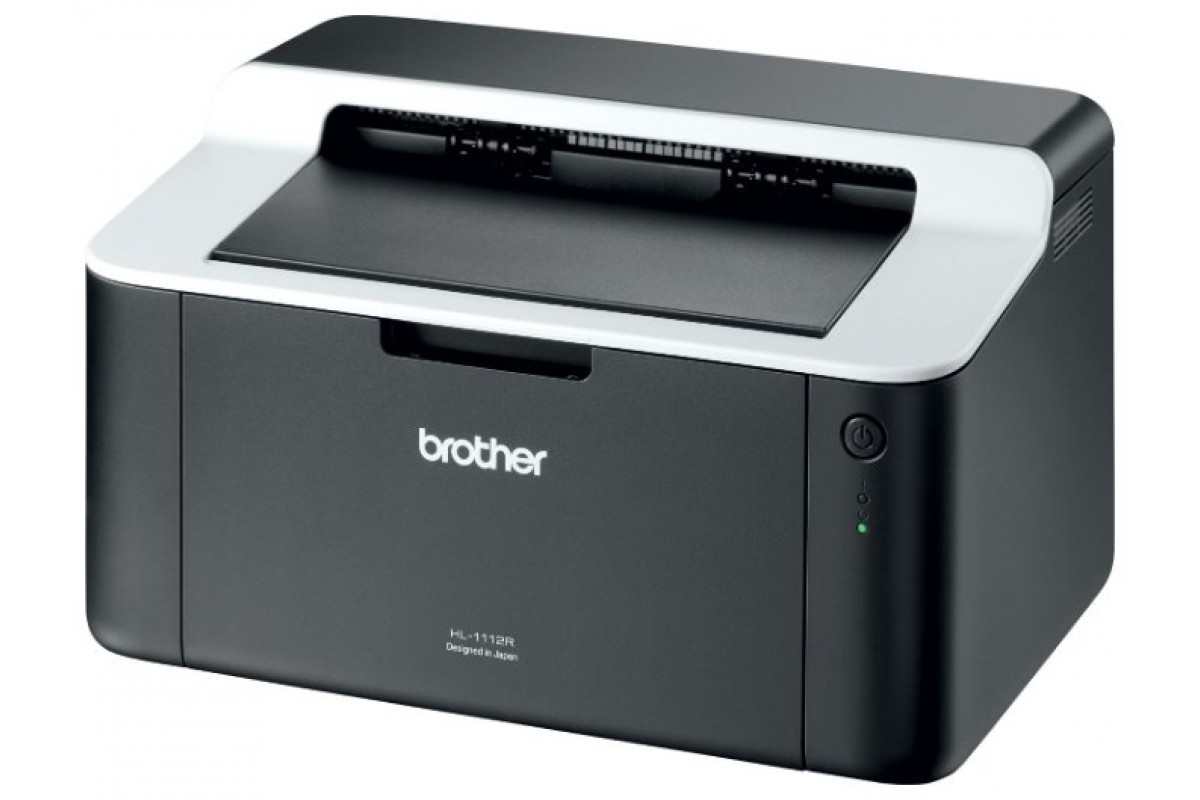Review of the smartphone Xiaomi Poco X2 with the main characteristics

Smartphones are our everything. Without them, in the modern world it is becoming more and more difficult to live, but, fortunately, there is no shortage in the choice of models. It remains to find the same cherished gadget that will delight the owner with the content and design. And also suitable for the price category.
Among the abundance of models of the modern smartphone market, one can single out the products of the Xiaomi brand, and in particular the new product - Xiaomi Poco X2, which has a stylish exterior, good content and an affordable price.
Read our review of the new Xiaomi Poco X2. We will tell you about the functionality of the model, its advantages, disadvantages and will guide you on the price.
A little about the company

The Xiaomi company or "grain of rice" appeared in 2010, and in just a couple of years it came to success thanks to the work of a high-class IT specialist Lei Jun, who pragmatically approached the matter and achieved lightning popularity of his products, having selected an excellent team.
What is the secret to the success of the "grain of rice"?
It's pretty simple. Xiaomi is one of those who are more inside than outside. The management decided not to waste money from the budget, investing it in the design of brand showrooms. Fewer brand sections - more savings.
Also, the "grain of rice" products are supplied with a small mark-up, which makes the goods attractive. People like to buy quality products from a reliable manufacturer at an affordable price.
As a result, consumers have written many positive reviews about the company, and every year Xiaomi is becoming more and more popular.
About model

Releasing the top model at the end of 2019 Mi Note 10 Pro, the company remembered to take care of its Poco product line with superior performance. Obviously, it's all about the rivalry of manufacturers for the buyer's wallet. And Xiaomi decided to dilute the market with another subsidiary brand.
Many companies resort to such a move, for example Huawei with their Honor brand, so there is nothing surprising here. Only the lazy one has not released a smartphone with a 48 megapixel camera or more over the past year. The Poco X2 also has a 64 megapixel matrix. Let's see what else Xiaomi is ready to surprise in order to win the competition with this model.
Specifications
| Name | Parameter | Value |
|---|---|---|
| Net | Technology | GSM / HSPA / LTE |
| Release | Announcement | February 2024 |
| Status | Presentation is scheduled for February 13, 2024 | |
| Housing | Dimensions | 165.3 x 76.6 x 8.8 mm |
| Weight | 208 gram | |
| Constructive | Front and back surfaces - glass (Gorilla Glass 5), aluminum frame | |
| SIM card | Hybrid Dual SIM (Nano-SIM) | |
| Splash proof | ||
| Screen | A type | IPS LCD display with capacitive touchscreen, 16 million colors |
| Diagonal | 6.67 inches, 112.5 cm2 (~ 88.8% usable surface area) | |
| Resolution | 1080 x 2400 dots, 20: 9 aspect ratio (~ 386 ppi ppi) | |
| Protection | Gorilla Glass 5 Coating | |
| HDR10 | ||
| Screen refresh rate | 120Hz | |
| Brightness | 500 nits | |
| Platform | operating system | Android 10.0 |
| Shell | MIUI 11 | |
| Chipset | Qualcomm SDM730 Snapdragon 730G (8nm) | |
| CPU | Octa-core (2x2.2 GHz Kryo 470 Gold & 6x1.8 GHz Kryo 470 Silver) | |
| Graphics core | Adreno 618 | |
| Memory | Memory card slot | microSDXC (uses a combined SIM card slot) |
| Built-in | 64GB 6GB RAM, 128GB 6GB RAM, 256GB 8GB RAM | |
| File system | UFS 2.1 | |
| Main camera | Quadro | 64 MP, f / 1.9, 26mm (wide), 1 / 1.7 ", 0.8µm, PDAF |
| 8 MP, f / 2.2, 13mm (extra wide), 1 / 4.0 ", 1.12µm | ||
| 2 MP, f / 2.4, (macro camera), 1 / 5.0 ", 1.75µm | ||
| 2 MP, f / 2.4, 1 / 5.0 ", 1.75µm, depth sensor | ||
| Additionally | Dual LED flash, HDR, panoramic shooting | |
| Video | 2160p @ 30fps, 1080p @ 30 / 120fps, 720p @ 960fps; Gyro-EIS stabilization system | |
| Front-camera | Double | 20 MP, f / 2.2, 27mm (wide), 1 / 3.4 ", 0.8µm |
| 2 MP, f / 2.4, 1/5 ", 1.75µm, depth sensor | ||
| Additionally | HDR | |
| Video | 1080p @ 30fps | |
| Sound | Speaker | There is |
| 3.5mm jack | There is | |
| DAC | 24-bit / 192kHz | |
| Connections | WLAN | Wi-Fi 802.11 a / b / g / n / ac, dual-band, Wi-Fi Direct, hotspot |
| Bluetooth | 5.0, A2DP, LE | |
| GPS | Yes, with support for A-GPS, GLONASS, BDS systems | |
| Infrared port | There is | |
| Radio | FM band, transmission recording | |
| USB | 2.0, Type-C 1.0 reversible connector; USB On-The-Go system | |
| Additionally | Sensors | Fingerprint scanner (side-mounted), position sensor, compass, acceleration sensor, gyroscope |
| Battery | Non-removable Li-Po battery, 4500 mAh | |
| Charging | Fast battery charger 27W (100% in 68 minutes) | |
| Miscellaneous | Colour | Blue, lilac, red |
| Model | MZB9011IN, MZB9012IN, MZB9013IN, MZB8741IN, MZB8742IN, MZB8743IN, MZB8744IN, MZB8745IN, MZB8746IN | |
| SAR radiation level | 1.08 W / kg (for head) 0.62 W / kg (for body) | |
| Price | About 200 euros |
Camera

So, as mentioned above, this device is a camera phone in its purest form. Everything here is geared towards obtaining high-quality photos and videos. The rear camera consists of four matrices of various applications and extensions, structurally combined into one unit. This form factor migrated from the past year to 2024 and has become the de facto standard in the camera phone industry.
The developers considered it a reasonable decision to divide the matrices according to their purpose, and not use one universal one for all occasions. As a result, on Poco X2 we have:
- the main module is a wide-angle matrix with a resolution of 64 megapixels - the main "workhorse" in this model, it supports the phase detection autofocus system;
- ultra wide-angle camera with a resolution of 8 megapixels;
- the third module with a resolution of 2 megapixels is intended for fans of macro photography;
- the fourth module also with a resolution of 2 megapixels serves as a depth sensor for obtaining, together with the main module, high-definition photos.
Considering that the cameras here are identical to those installed in Xiaomi Redmi K30, we can safely judge the quality of the resulting photographic material. Thus, in bright sunlight, the pictures will be perfect. Lack of lighting will negatively affect the resulting photos. The geometric size of the matrix for a resolution of 64 megapixels is too small and does not allow full rejection of noise. Although the built-in flash is designed to fight the darkness, its effect is achieved at a distance of no more than 3 meters.
For the front camera, the manufacturer decided to use a bunch of two modules, rightly judging that users need high-quality selfies. The main resolution is 20 megapixels and the second, used as a depth sensor, with a 2 megapixel matrix.
- cool main camera;
- dual selfie camera.
- weak flash.
Screen

The device is equipped with a 6.67-inch liquid crystal IPS matrix. The decision not to put on an AMOLED display is due to the higher cost of the latter. Differences will be visible only in bright sunlight, IPS matrices fade, and information readability decreases.
Display resolution: 1080 x 2400 pixels, with an aspect ratio of 20: 9. The pixel density per inch, although not the highest today, is sufficient for comfortable viewing of content. The main feature is the screen refresh rate, which is 120 Hz. This significantly relieves eye strain in fast games, which favorably affects the well-being of users.
To make the device fit comfortably in the hand, the side frames were minimized as much as possible, but the size still makes itself felt. Users with a small palm may experience discomfort when using a smartphone. A distinctive feature is the presence of an enlarged cut-out for the front camera. A black hole now shines where the charged battery symbol is.
- display resolution;
- picture refresh rate.
- IPS matrix;
- cutout for the front camera.
Filling

As in the prototype model Redmi K30, the manufacturer uses a bundle of eight-core Qualcomm SDM730 Snapdragon 730G processor and Adreno 618 video chip. This duo has adequately shown its functionality not only in ordinary applications, but also in high-performance games. In order to maximize the coverage of the consumer audience, the Indians offer three configurations of the device:
- 64GB 6GB RAM - junior model;
- 128GB 6GB RAM - increased storage capacity;
- 256GB 8GB RAM is the older model.
And at the same time, each configuration will be available in three different colors - blue, lilac or red.
There is a slot for a memory card to expand the built-in memory. Unfortunately, this is a combined slot with a SIM card, so there is either additional space in the phone or a second mobile operator. Of the wireless interfaces, the device is equipped with modules:
- Wi-Fi 11 a / b / g / n / ac, dual-band, Wi-Fi Direct, hotspot;
- Bluetooth version 5.0;
- NFC for contactless payments
- infrared port (used only as a remote control).

Unlocking the device is possible with a fingerprint scanner, which is located on the side edge below the volume keys. On the bottom of the device there are a 3.5 mm headphone jack, a USB 2.0 connector, a speaker grill and a microphone hole.
- smart processor;
- NFC module;
- 3.5 mm jack socket.
- combined slot for SIM cards and memory;
- inconvenient location of the fingerprint scanner.
Autonomy

Let there be minor flaws in regard to the screen, filling and design, but it is absolutely impossible to find fault with the issue of the device's power supply. The smartphone has a high-capacity 4500 mAh battery. This volume is enough for a full two days of battery life. In this case, it is assumed that Wi-Fi will be turned on, and the owner will continuously surf the Internet and take pictures with the camera. And to shorten the “plug-in” time, a 27W charger is included. It can breathe life into a smartphone 100% in just over an hour.
- large battery capacity;
- fast charger.
- not found.
Price

Insider sources have announced the approximate price of an older model with 256GB 8GB RAM on board - about 200 euros. Thus, Poco X2 seems to live up to its nickname "flagship killer". Excellent equipment with the exception of minor flaws for a rather humane price tag.
Output
Xiaomi's decision to take the Poco project into a separate brand is good news for all lovers of mobile technology. The X2 is the first product of the company's spun-off wing. Let it almost completely copy Redmi K30, but its price tag is lower.
In addition, the product from India comes with a global firmware and does not know the problems of localization from the Chinese language.
This smartphone is recommended for closer acquaintance to all lovers of mobile novelties.
new entries
Categories
Useful
Popular articles
-

Top rating of the best and inexpensive scooters up to 50 cubic meters in 2024
Views: 97661 -

Rating of the best materials for noise insulation for an apartment in 2024
Views: 95022 -

Rating of cheap analogues of expensive medicines for flu and colds for 2024
Views: 91750 -

The best men's running shoes in 2024
Views: 87680 -

Top ranking of the best smartwatches 2024 - price-quality
Views: 85091 -

Best Complex Vitamins in 2024
Views: 84801 -

The best dye for gray hair - 2024 top ranking
Views: 82406 -

Rating of the best wood paints for interior use in 2024
Views: 77202 -

Ranking of the best action cameras from China in 2024
Views: 75269 -

Rating of the best spinning reels in 2024
Views: 74827 -

The most effective calcium supplements for adults and children in 2024
Views: 72462 -

Top rating of the best means for male potency in 2024 with a description
Views: 68296









